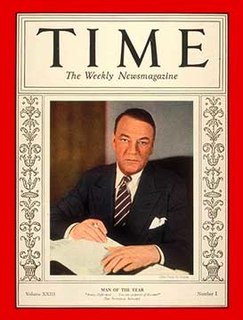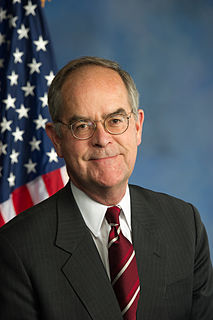A Quote by John Kenneth Galbraith
Almost every aspect of its (Federal Reserve) history should be approached with a discriminating disregard for what is commonly taught or believed.
Related Quotes
Acquire and store a reserve of food and supplies that will sustain life. ... As long as I can remember, we have been taught to prepare for the future and to obtain a years supply of necessities. I would guess that the years of plenty have almost universally caused us to set aside this counsel. I believe the time to disregard this counsel is over. With events in the world today, it must be considered with all seriousness.
Transparency concerning the Federal Reserve's conduct of monetary policy is desirable because better public understanding enhances the effectiveness of policy. More important, however, is that transparent communications reflect the Federal Reserve's commitment to accountability within our democratic system of government.


































